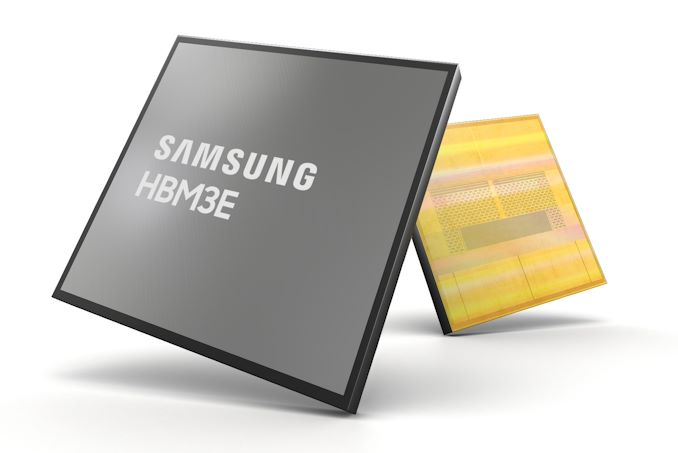Heating Up the Memory Lane: Samsung's HBM3 Stumbles in Nvidia's Tests
The world of high-performance computing just witnessed a plot twist. Samsung's latest high-bandwidth memory (HBM3) chips, designed to supercharge next-generation artificial intelligence (AI) processing, seem to have hit a roadblock with Nvidia, a key customer. Here's a breakdown of the situation and its potential implications.
HBM3: The Memory Powerhouse
HBM3, or High Bandwidth Memory 3, is the latest iteration of memory technology specifically designed for data-hungry applications like AI. Compared to traditional DDR memory, HBM3 boasts significantly faster data transfer speeds, crucial for processing massive datasets and complex algorithms.
Samsung's Stumble: Failing Nvidia's Tests
According to industry reports, Samsung's HBM3 chips have reportedly failed to meet Nvidia's performance and stability requirements during testing. The specific issues remain undisclosed, but rumors point towards excessive heat generation and high power consumption exceeding expectations. These factors could throttle performance and limit the overall efficiency of Nvidia's AI accelerators.
The Fallout: Who Loses?
The situation creates a conundrum for both companies:
- Samsung: If they can't address Nvidia's concerns, they risk losing a crucial customer and potentially falling behind competitors like SK Hynix and Micron who are also developing HBM3 solutions.
- Nvidia: Delays in securing reliable HBM3 chips could potentially push back the launch of their next-generation AI hardware, impacting their product roadmap and market competitiveness.
A Glimpse of Hope: HBM3E and the Road Ahead
Samsung has unveiled its next iteration, HBM3E, promising improvements in performance and efficiency. While details are limited, it might be their answer to Nvidia's concerns. Here's what the future might hold:
- Samsung's Redemption: Successfully resolving Nvidia's issues and supplying reliable HBM3E chips could solidify Samsung's position as a leader in the HBM market.
- The Rise of Alternatives? With the spotlight on Samsung's struggles, companies like SK Hynix and Micron might see an opportunity to gain market share with their own HBM3 offerings.
The Verdict: A Wait-and-See Approach
The situation between Samsung and Nvidia regarding HBM3 is still unfolding. Whether Samsung can rectify the issues with HBM3 or if HBM3E emerges as the savior remains to be seen. One thing's for certain: this development highlights the ever-evolving nature of technology and the constant push for innovation in the memory chip market.

Post a Comment